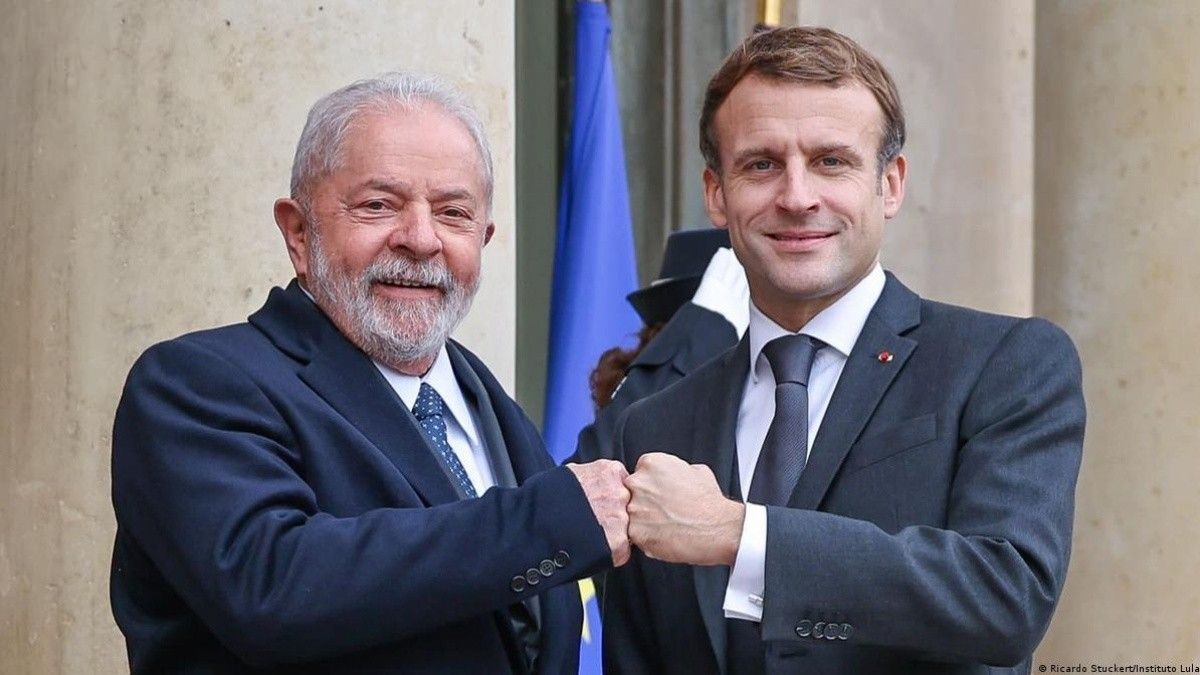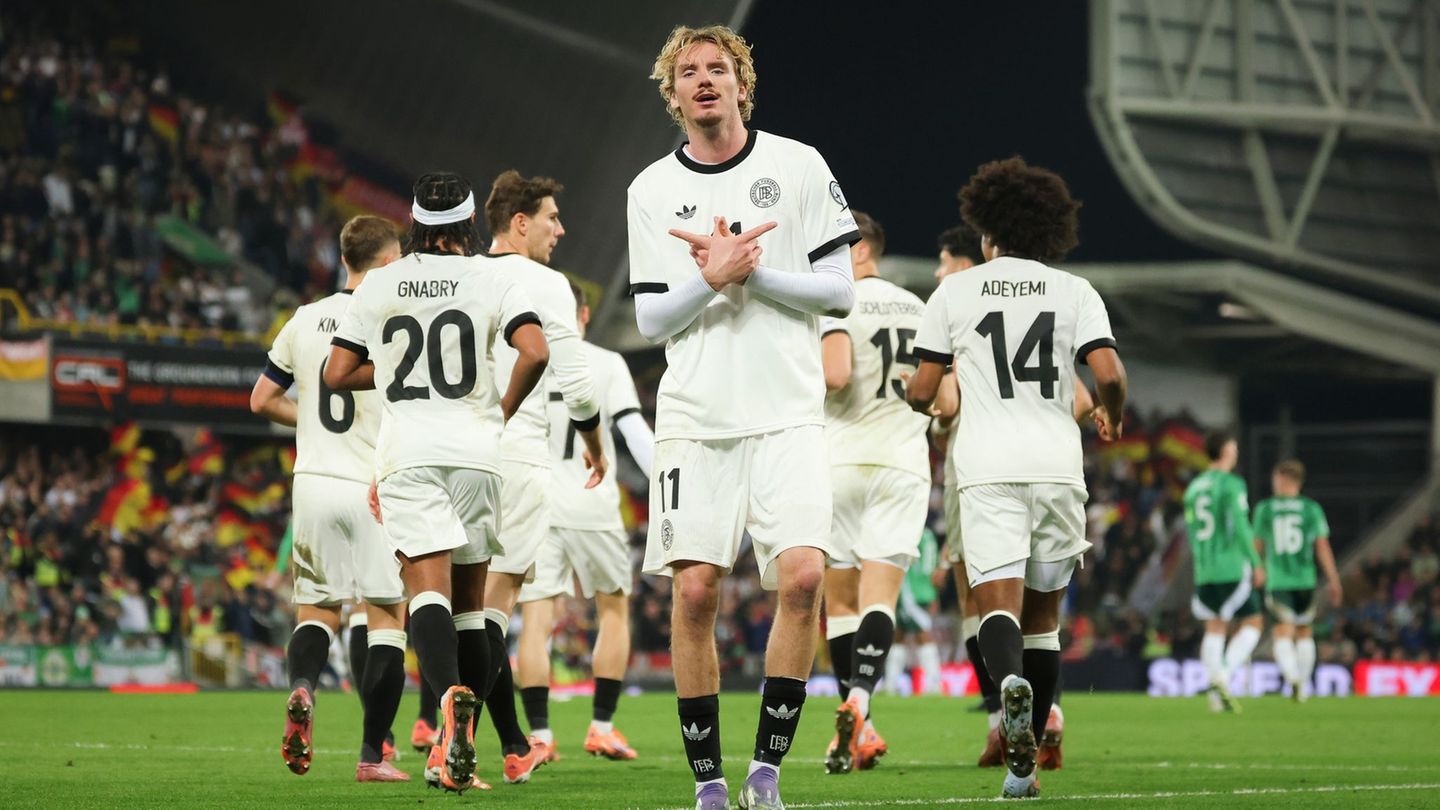The French president, Emmanuel Macron, who criticized the previous Government of Brazil for not protecting the rainforest, will arrive this Tuesday at the Amazon at the beginning of a three-day visit to the South American country, which could mean progress in the agreement of the Mercosur and the European Union, a pact highly questioned by the president Luis Lacalle Pou due to the delays that have occurred in its closing.
The Brazilian president, Luiz Inácio Lula da Silvawill meet with Macron in Belém do Pará, near the mouth of the Amazon River, where both will visit conservation parks with sustainable development projects and meet with indigenous leaders.
“Lula wants to show Macron the complexity of Amazon, which is not only a vast tropical forest, but also a place where 25 million people live,” the head of Brazilian diplomacy for Europe and North America told the press on Friday, Maria Luisa Escorel. Escorel said the French government intends to fund sustainable development and programs to stop deforestation in the Amazon.
Lula and Macron will discuss a common course to fight climate change and poverty, while Brazil prepares to host the summit of the G-20 in Rio de Janeiro in November and the United Nations climate talks in Belém next year, meetings which the French president will attend, the Elysée said in a briefing.
The agreement in the background
The stalled trade agreement between the European Union and the South American common market Mercosur, However, it will not be on the agenda because it is not a bilateral issue, Brazilian and French officials said, even though the meeting between the two leaders could be seen as a step towards a new direction in the truncated negotiations.
Macron, who is facing pressure from French farmers to kill the agreement, has said on several occasions that he opposes the free trade agreement that has been under negotiation for more than two decades.
Brazil, in turn, is dissatisfied with the legislation of the EU passed last year that bans imports of coffee, beef, soybeans and other commodities if they are linked to recent deforestation, which Brazilian farmers consider a protectionist offensive. This has been one of the main points of contention between both regional blocs, which prevented the final signing despite some political will in that direction.
Despite these problems, the relationships between France and Brazil They have recovered from a low point in 2019, when Macron led a wave of international pressure on then-President Jair Bolsonaro over the fires ravaging the Amazon. Bolsonaro accused Macron and other G-7 countries of treating Brazil like “a colony.”
How can the possible failure of the Mercosur-EU agreement affect Uruguay?
He Mercosur-EU agreement seems to be diluted after the demands of France to incorporate food sovereignty into its regulations and failure in the extensive negotiations threatens to generate a negative impact at the international and regional level, which will also affect Uruguay.
If it is confirmed that the agreement with the European Union is truncated, not only will the Mercosur, but also “the pressure for flexibility will increase”, a line proposed by the president Luis Lacalle Pou, and there is even the possibility of “discussing belonging,” as he expressed in dialogue with Scope Ignacio Bartesaghi, director of the UCU International Business Institute.
When analyzing what it would mean for the agreement to be definitively frustrated, Bartesaghi observed that “the image and credibility of the Mercosur “it looks bad at the international level,” contrasting that “many countries and blocs were waiting to see if it progressed to look at it more seriously.”
Regarding its implications on the local scene, the UCU analyst noted that “we will be left empty-handed if we do not close this agreement” and anticipated: “It will increase the pressure on the Uruguayan government to advance in the flexibility or the bilateralization of Mercosur.”
In this regard, he indicated that “the pressure from the businessmen, that need market openings” and did not rule out a remoteness of the block. “We are going to progressively begin to ask ourselves if Uruguay It depends on others to decide its trade policy or whether it is time to discuss its membership in Mercosur. It is something that is going to end up coming sooner or later due to this long series of failures,” Bartesaghi said.
Along these lines, he considered that within the framework of the elections 2024 “There is going to be a strong discussion in the campaign about whether Uruguay “You can continue to expect others to make decisions for us.”
Source: Ambito




